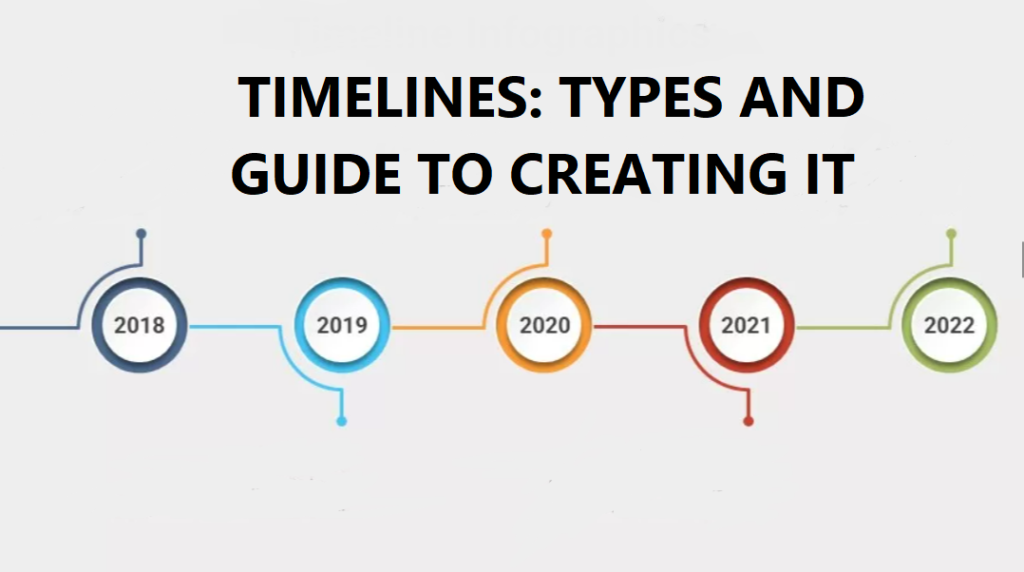Too many people try to become good traders. This sets the bar too high for your first several trades. After all, how many complex things (and trading is incredibly complex) did you nail on your first try? Even with beginner’s luck, your second, third, and fourth tries would be disasters.
Instead, why not settle for something a tad more modest? Why not, for starters, try to avoid being a bad one?
Still, what is a bad trader, and how do you avoid becoming one? To identify a bad trader, you need to understand why traders fail and what are some bad trading habits. This will help you clarify the difference between good and bad traders and help steer you in the right direction.
1. Avoid overtrading
The first thing you should avoid is overtrading. You’re trading to make money, not trading just for the sake of trading. If you don’t have a strategy or a clear idea of how to make these things work, avoid placing a trade.
Your focus is a limited resource. You can only keep so many things in your head at one time. Excessively buying and selling stocks will make you lose all track of what’s happening.
There are four major reasons why people overtrade:
- Over-excitement: If you’ve just landed a huge success or seen a rapid trend, you may feel like it’s your time to shine. This feeling can often be misleading.
- Redemption: After a series of losses, you need a win to redeem yourself. This seldom works out in your favor.
- Greed: The simplest explanation for why people overtrade is due to greed. You’re looking for a way to make more money. So, you try to force one even if there isn’t any.
- Boredom: Perhaps the main culprit of overtrading is boredom. You feel the pressure to place a trade… any trade, and you just can’t wait for the real opportunity.
So, to make the long story short, only make trades when you actually have a reason to.
2. Succumbing to fear of missing out
The majority of people compare themselves to others. While this is not the healthiest mindset, its effects can be just outright devastating regarding trading.
With that in mind, what does FOMO mean in trading stocks?
You don’t fear losing out on a potential financial gain. It’s that you’re afraid that you’ll be the only one not profiting. This creates immense pressure because you’re no longer just concerned with missing out on a profit; you’re also afraid of feeling foolish when you see how successful other people are with your missed opportunity.
The main reasons why people succumb to FOMO are:
- Greed
- Herd mentality
- Low-confidence
Keep in mind that this gets further pumped up by news and social media.
Remember that acting out of fear leads to bad outcomes. Trading in stocks is not an exception to this general rule.
3. Positivity bias
There’s nothing wrong with being an optimist… until you start making decisions based on your optimism. The concept known as positivity bias is a psychological phenomenon where people believe that good things are more likely to happen.
While this coping mechanism ensures people get through tough times, it’s not objectively true. Good things may happen, but if you make your decision-making based on positivity bias, you will likely chase some impossible trades.
The problem with positivity bias is that it twists your perception of reality. This means that even after you make a mistake, you’re more likely to see it as a glitch rather than a rule or a logical chain of events. So, make your decisions based on data, not feelings or beliefs.
4. Not having a contingency plan
If you make money on your trade, you know exactly what you’ll spend it on. Whether you plan to reinvest it or spend it on leisure, you’ll figure it out immediately. However, what happens if you lose money?
Well, this is what risk management is for. First, it lets you figure out how much money you can invest. Second, it helps determine if the reward is worth the risk.
Bad traders completely ignore risk management, focusing exclusively on the prize.
Imagine someone offering you $1 million to hold your breath underwater for 30 minutes. Imagine if they offered you $300 billion. It really doesn’t matter what the figure is if there’s no way of actually getting it.
This is how you should approach risk management.
5. Lack of consistency
Trading is a business or a career like any other. You need to be patient and have a plan.
To make it in the corporate world, you must show up on time to the office daily. Being late a day or two will get you on your boss’s bad side and ruin your odds of further advancement. So, if that’s what it takes to make it in a simple office job, what makes you think you can skip days and days of trading and still make it in this competitive field?
Trading requires discipline and consistency.
One of the main reasons why trading strategies are so important is that they ensure you follow the same principle regularly.
More importantly, strategies prevent you from making mistakes that heavily affect your mental health. Imagine always using one pattern, only to suddenly change it and figure out that, had you stuck to the previous method, you could have won.
Being disciplined and consistent will always yield good results. With great stop orders, you can remain profitable with just 25% of successful trades.
Wrap up
As you can see, most of these mistakes can be attributed to simple psychological phenomena and succumbing to pressure.
To avoid it, you need a tremendous amount of discipline and self-control. A lot of this decision-making can also be attributed to greed. So, ensure you understand that you won’t be making money overnight. Trading is like building a business or a career. Getting to where you want to take time, usually years.
By identifying all these flaws and bad habits, you’ll quickly rise to become a great trader.





